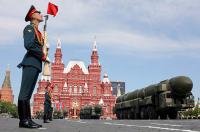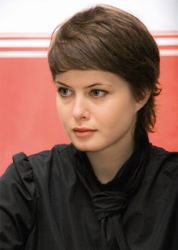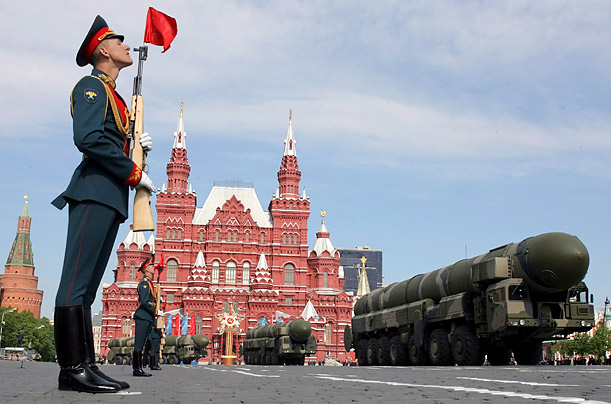 In the second part of our look at the Russian gambling industry, we took time to talk to a woman that has a top-notch knowledge of how our industry works in this complex market. Lyobov Loginova, Head of the Board of Directors at Alsart Group, is part of a company that has been working in the Russian market for more than 15 years. Ms Loginova explained, “The company has been one of the leaders in the gambling sector since before the law had come in to the force. After this law we diversified our business and concentrated upon lottery, exhibition projects, the development of dealing centers and consulting for our partners in countries where gambling is allowed.”
In the second part of our look at the Russian gambling industry, we took time to talk to a woman that has a top-notch knowledge of how our industry works in this complex market. Lyobov Loginova, Head of the Board of Directors at Alsart Group, is part of a company that has been working in the Russian market for more than 15 years. Ms Loginova explained, “The company has been one of the leaders in the gambling sector since before the law had come in to the force. After this law we diversified our business and concentrated upon lottery, exhibition projects, the development of dealing centers and consulting for our partners in countries where gambling is allowed.”
Russia’s government changed the law back in 2009 and it meant that all casino businesses were banished to four zones in far-flung corners of this behemoth of a country. Operating outside of the law means hefty fines and they continue to become even stricter as time goes on. Alsart has continued to develop outside of this though.
“For the present moment it is quite clear that despite all legal restrictions we are still one of headliners in the entertainment sphere and we constantly develop and launch new projects within the borders of the modern legislation system,” Loginova said. “We constantly elaborate and launch new legal projects in the sphere of entertainment – raffles, bookmaking, dealing centers, Forex, play for fun. There is an obvious demand for such products and as experts in the domain in question we can provide best solutions for our customers and partners,” she added.
In terms of where they are currently finding it easy to operate, Ms Loginova said, “Alsart develops a range of projects in countries where gambling is allowed. Together with our partners we manage some projects in Montenegro, Malta, Latin America and CIS countries. In terms of Russia for the present moment we realize a number of projects connected with lotteries and dealing centers are becoming more and more popular.”

It’s clear that if anything Alsart benefited from the Russian decision to banish the gambling industry to certain areas by diversifying further into the entertainment industry. Why do the Russian government feel the need to impose such harsh laws on the gambling industry?
“It is quite obvious that the first impulse for a gambling ban was the desire to protect youth and elderly people. But, as it is known, hell is paved with good intentions. But one should have forgot that disadvantaged social groups never visited casinos in hotels or wherever,” Loginova explained. “Their gambling hazard has been mainly concentrated upon cheap five rubles so-called “stolbiki,” and they really should be controlled and restricted.”
In terms of the government trying to protect elderly people, we would point them towards the studies carried out by Dr Patrick Basham. He found that retirees who “remain active in the community and constantly engage in social activity, often, largely or exclusively through gambling, live happier and healthier lives.”
Loginova also told us that after the ban, a large part of the country’s gambling industry migrated online and as a result, gaming still very much exists. It’s estimated that the country’s government has lost large sums after deciding to change the laws. Ms Loginova explained that tax income in 2008 from the gaming industry stood at around 26.6billion rubles. She described it as a “A considerable sum” and that the money always “ends up in somebody’s pockets.”
Apart from growth in the online gaming industry, is there another avenue that can be explored?
As any other business, gambling develops spirally. Many other countries came through the stage of a total gambling ban and creation of special zones to the moment of elaboration of competent laws that regulate but not destroy business,” Loginova said.
She continued, “One should note that serious investors are not very keen to invest in gambling zones located far from huge populations. They’d rather invest in hotel construction in Sochi upon condition of being given permission to launch casinos at a later date.
“I’m absolutely sure that Russian government would not be very happy to lose such a gold vein as gambling and sooner or later some steps towards its competent and mutually profitable operation should be made.”
When that point will be, who knows. For now, the country’s gambling industry continues to sit at an unclear crossroads with little idea of where it will be going in the near future. As for Alsart, they will continue as best they can inside the law and wait with baited breath for the laws to be changed.
